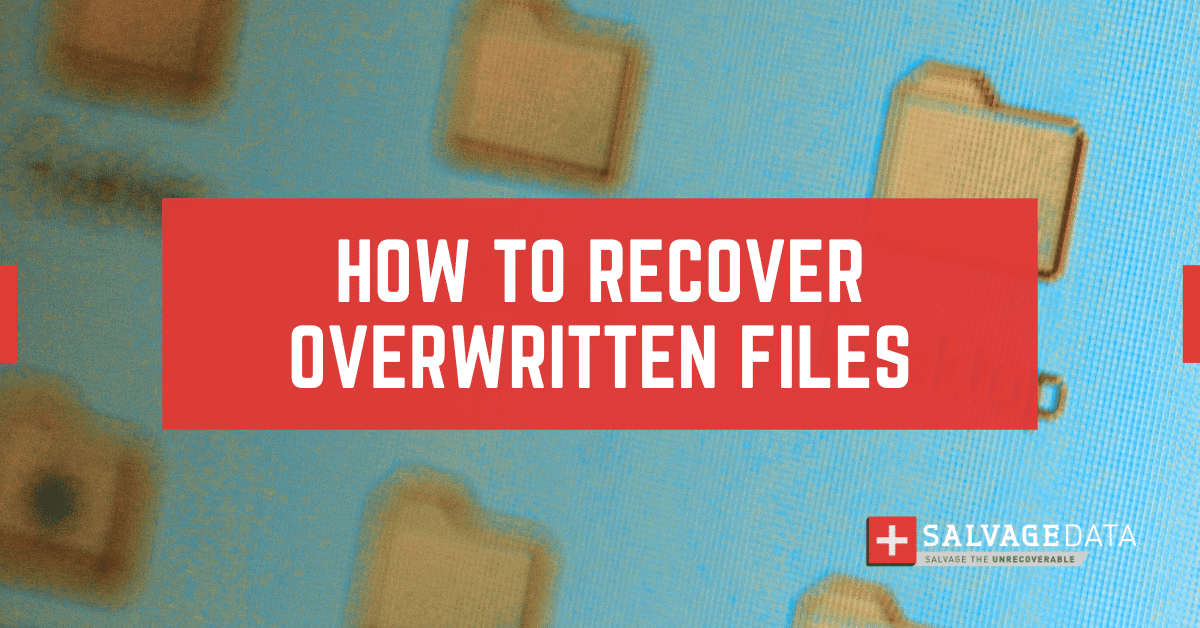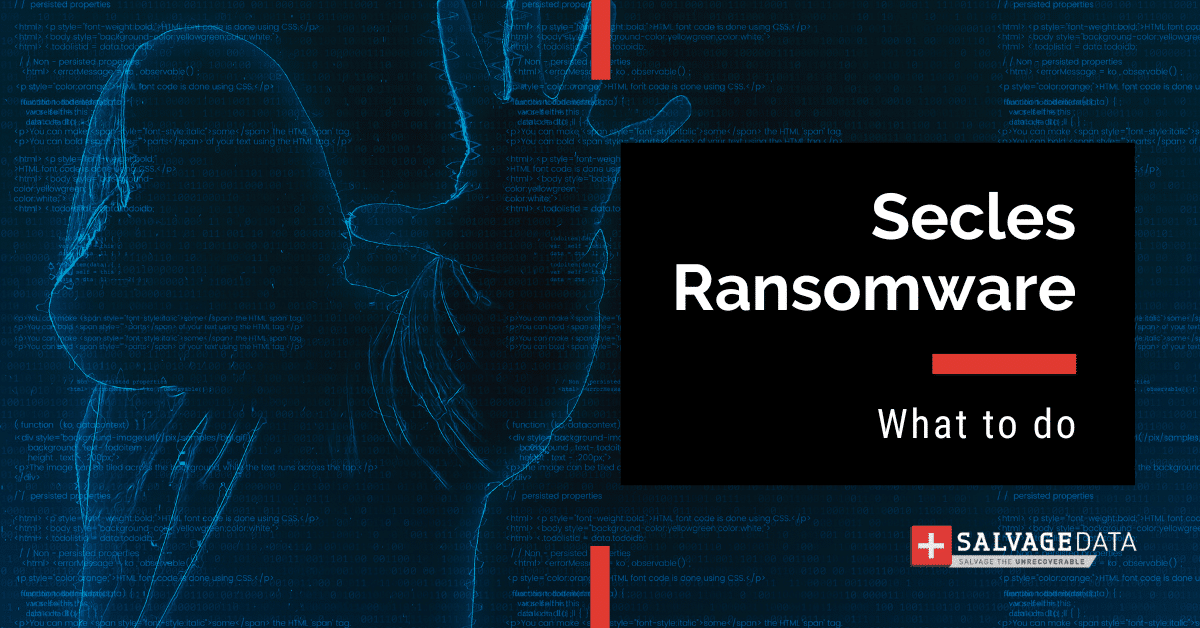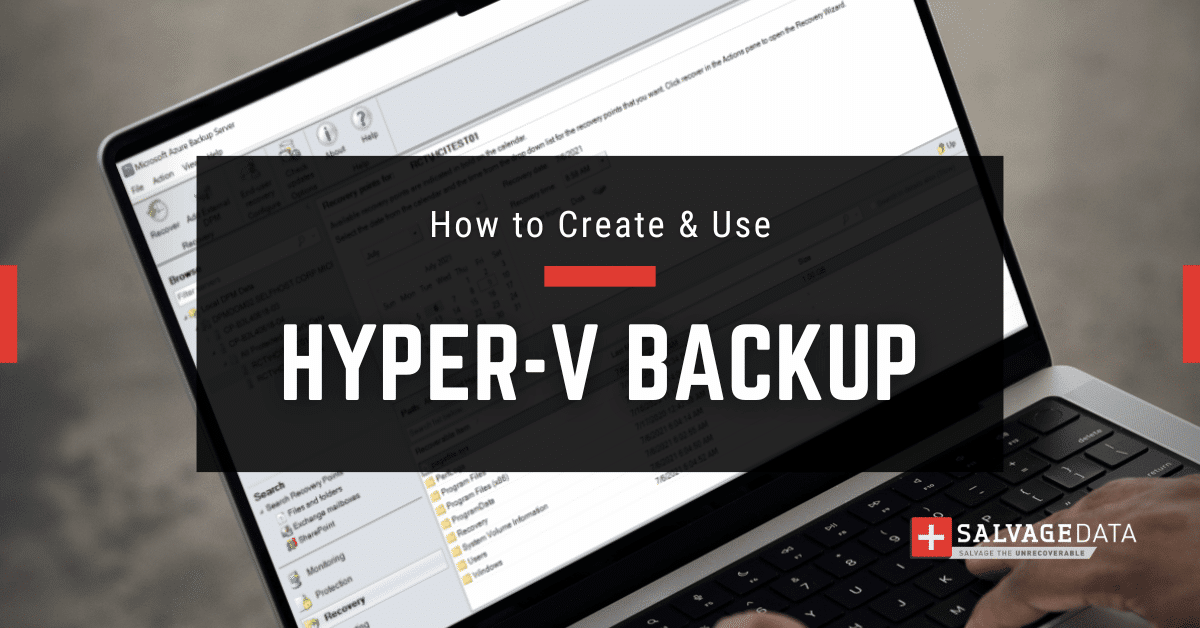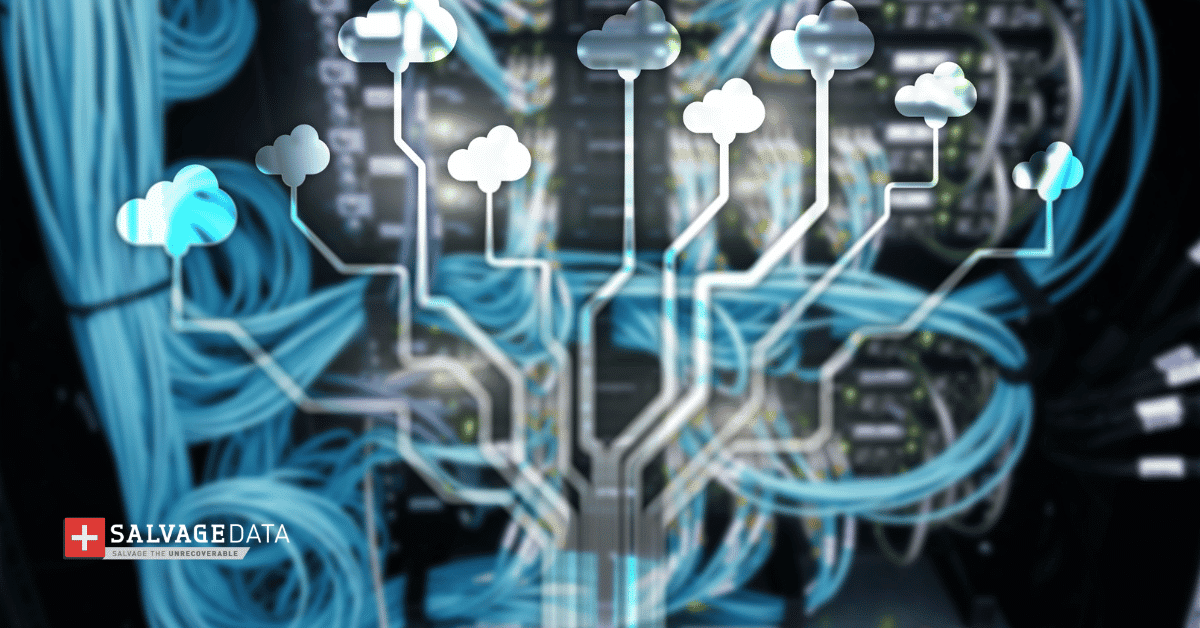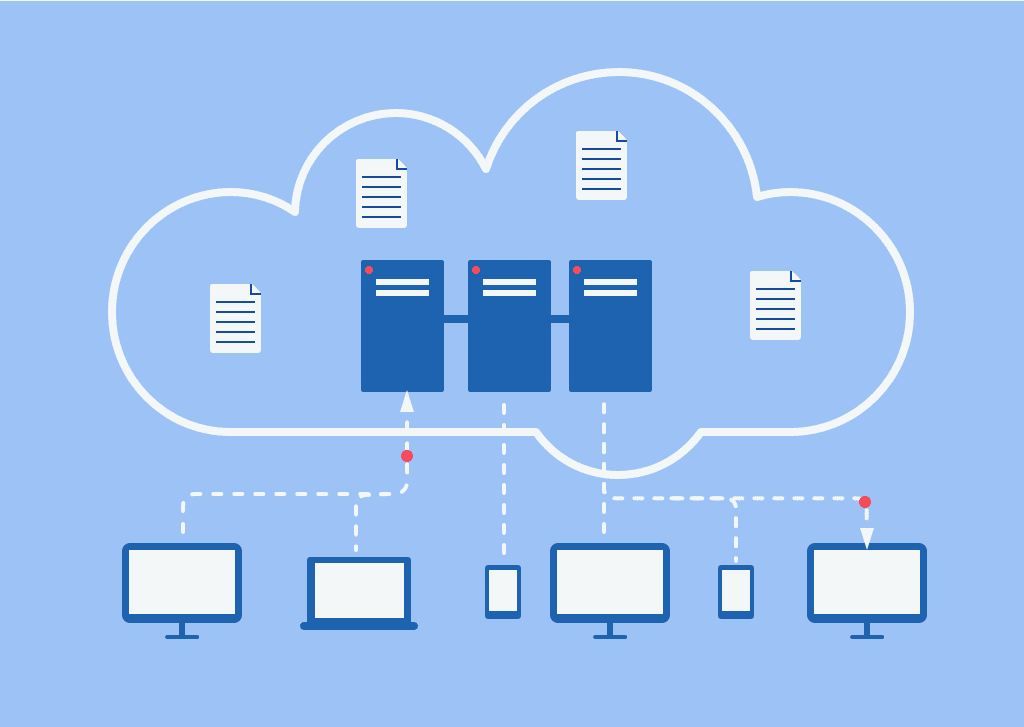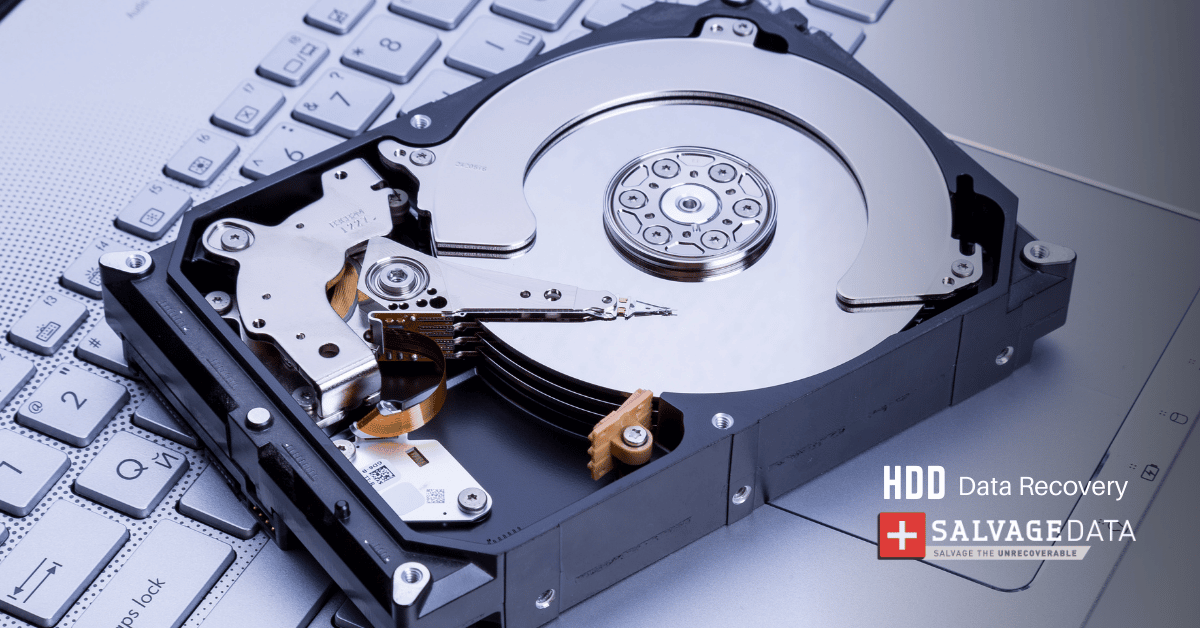Recent Articles
How To Recover Overwritten Files
The Snowflake Data Breach: A Comprehensive Overview
Mac Not Recognizing External Hard Drive: Quick Fix Solutions
How Multi-Cloud Backup Solutions Can Prevent Data Disasters
Capibara Ransomware: What is it & How to Remove
What Should a Company Do After a Data Breach: The Ticketmaster Incident
Secles Ransomware: Removal Guide
What To Do When Your Chromebook Freezes
How to Create Hyper-V Backup
What Is The Best Data Recovery Software For PC

I think there's an issue with my storage device, but I'm not sure Start a free evaluation →
I need help getting my data back right now Call now (800) 972-3282
We’re living in the Information Age. Almost everything you do leaves behind an electronic trail, and this is especially true if you like to travel for work or pleasure.
People are often unprepared for the task of protecting their data online when they leave their office to work remotely.
They think that “nothing will happen” because they’re not important enough to attract the attention of criminals, hackers, or oppressive governments.
Learning how to protect your data on public wifi while traveling around is very important.
Even if working from home, you must take some precautions. You must consider what is a good practice to protect data on your home wireless systems.
Where do data security threats come from:
Coffee shops, hotels, or coworking spaces may seem safe places for your remote work. But accessing devices and apps in a shared public system poses serious threats to your business or personal data. Hackers might be monitoring public IP addresses targeting passwords to commit cybercrimes. Get further information: Insider vs Outsider Data Security Threats: Defining and Mitigating Potential Risks
Here are six tips to help you keep your personal and private information safe while on remote work:
1. Use a password manager
One problem with online security is having to remember all your different passwords. Password managers can take care of this issue by generating strong passwords for each site so you only have to remember the one password to access the manager.
Password managers also allow you to easily change your passwords if a site has been compromised or you want to improve their security to further protect your digital privacy.
A physical access attack caused by broken passwords is unfortunately a very common method for data theft. So make sure to come up with long hard-to-guess passwords and change them often to protect your personal data.
2. Enable two-factor authentication
Two-factor authentication is when a device generates an additional code that is required when logging in from an unrecognized computer.
This makes it harder for criminals to access your account, even if they have obtained your username and password through phishing or another form of hacking.
Two-factor authentication can be integrated into most major sites including Google, Facebook, Dropbox, Evernote, and Twitter.
This additional step might feel like it’s slowing you down, after all, we all log in to devices and accounts numerous times a day, but it is worth it to protect your data.
3. Use encrypted email services
Services such as Gmail or Hushmail allow users to send end-to-end encrypted messages and attachments (which can be auto-deleted after a set time). This means that even if your email is hacked, the criminals won’t be able to access any of your data.
Email encryption is one of the ways to protect your personal data from being used for phishing scams, email impersonation, and email spoofing.
Besides, emails can be an entryway for viruses and malware, causing file corruption or even data loss. By encrypting your messages, you protect your data and your contact list.
4. Keep your devices locked with strong passwords
Make sure all of your devices such as laptops and smartphones are password protected. This protects your data from being compromised by someone who might pick up or steal one of these devices while you’re not looking.
You should also avoid accessing your device while taking public transportation or in the middle of crowded places. Always look for a safe place to unlock phones or laptops in public.
You can monitor and protect your financial data more at ease from your devices with a stronger password in order to access banking apps too. Especially when considering that banking apps are the most vulnerable to hacking.
And if you’re wondering how mobile security apps protect your mobile device data, you can watch out for common signs your phone has been infected.
5. Encrypt sensitive files and folders
We’ve mentioned email encryption before but you can also encrypt individual documents and folders so they appear as gibberish to anybody who might try and open them.
Windows encryption tool BitLocker is available in the Ultimate and Enterprise versions since Windows 7, while Apple’s OS X provides FileVault encryption services. If you’re using a Mac be sure to enable it when setting up your computer as an additional security step to protect your data.
6. Avoid Public Wifi
The last tip to protect your data on remote work is a hard one to follow. When you’re on the road, you’re bound to connect your device to a shared public system like at a business center or at a coffee shop.
If you must connect your laptop or mobile phone to public wifi, there are ways to decrease your data vulnerability. Besides enabling the two-factor authentication, you can also use a VPN (Virtual Private Network) for your remote sessions in order to keep your digital privacy.
You can also change your Remote Desktop Protocol settings. Cybercriminals use port scanners to look for exposed ports online. By locking your Remote Desktop Protocol, you protect your data on public wifi.
Keeping your digital privacy safe is even more critical on remote work since outside threats are increased. These data security best practices will help protect your data and your identity online. But rest assured that if data is lost, corrupted, or stolen, our data recovery experts at SalvageData can quickly recover them from any device or brand.

